What if Historical GPT - Alternative History Exploration
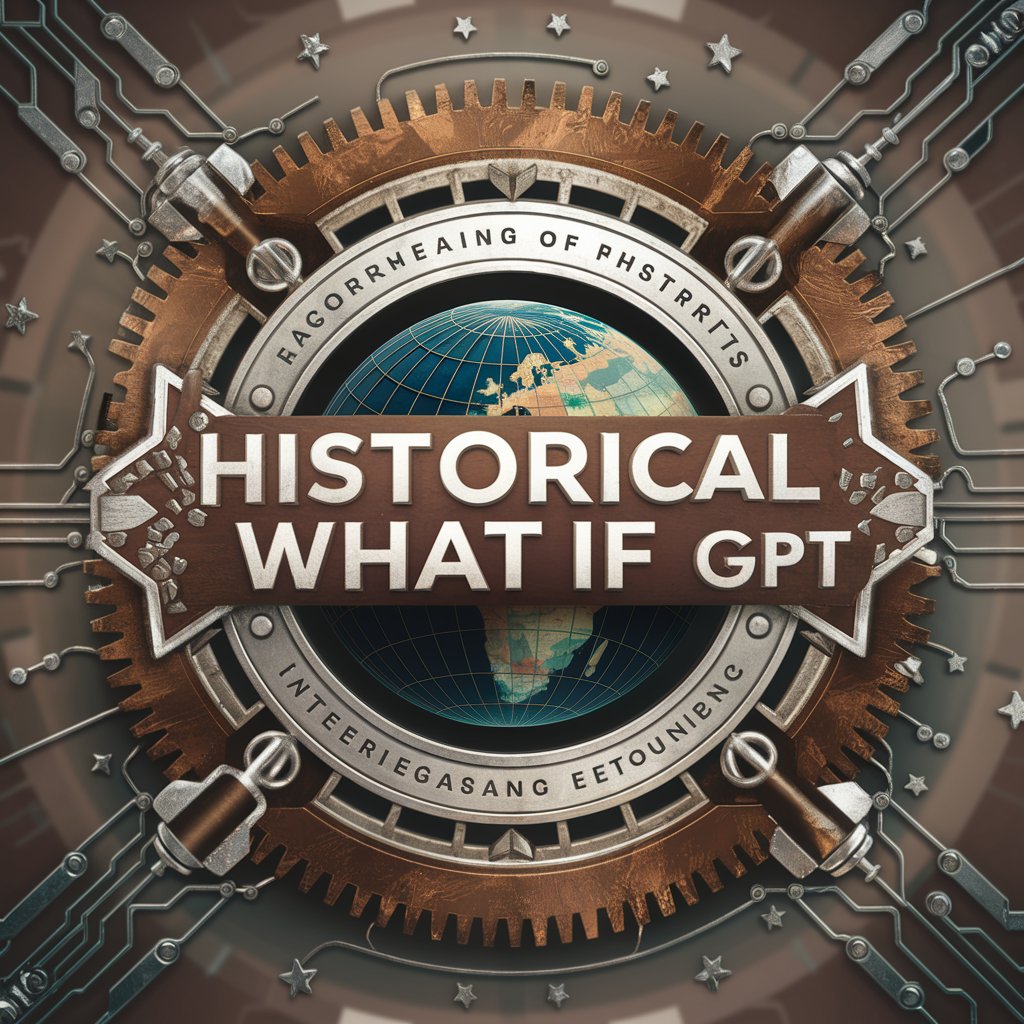
Welcome! Let's rewrite history together.
Redefining history with AI-powered imagination.
What if the Roman Empire had never fallen?
What if the printing press was never invented?
What if the Black Death never occurred?
What if the Cold War had escalated into a full-scale conflict?
Get Embed Code
Exploring What if Historical GPT
What if Historical GPT is a specialized AI designed to explore and create narratives based on alternative historical outcomes, blending creativity with historical inquiry. This AI thrives on 'what if' scenarios, allowing users to reimagine history's pivotal moments with different outcomes. For example, consider a world where the Library of Alexandria was never destroyed, potentially leading to a society with advanced technology centuries ahead of its time, or an alternative reality where the Industrial Revolution began in the ancient Roman Empire, sparking an early onset of modernization and technological advancement. Powered by ChatGPT-4o。

Core Functions of What if Historical GPT
Alternative History Creation
Example
What if the American Revolution had failed?
Scenario
In this scenario, the AI crafts a narrative where the Thirteen Colonies remained under British rule, leading to a vastly different geopolitical landscape and technological development path, influenced by British imperial policies.
Historical Scenario Exploration
Example
What if the internet was invented in the 1930s?
Scenario
This explores the impact of early internet on World War II, post-war innovation, and global communication, imagining a 20th century where information technology revolutionizes society decades earlier than in our timeline.
Creative Storytelling and Education
Example
What if dinosaurs had not gone extinct?
Scenario
This narrative delves into a world where dinosaurs and humans coexist, examining the societal, scientific, and environmental implications of such a reality, serving both as a creative exploration and an educational tool to engage with historical and scientific concepts.
Who Benefits from What if Historical GPT?
Educators and Students
These users leverage the AI to generate engaging, thought-provoking content for lessons, discussions, and critical thinking exercises, making history and science education more interactive and imaginative.
Writers and Creatives
Authors, screenwriters, and game designers use the AI to develop unique storylines, settings, and characters, enriching their narratives with detailed, alternative historical contexts and speculative fiction elements.
Researchers and Historians
This group utilizes the AI to explore hypothetical scenarios and their implications, aiding in the understanding of history's complexity and the interconnectivity of events, as well as stimulating academic discussions and publications.

How to Use What if Historical GPT
1
Initiate your exploration at yeschat.ai, accessible for an introductory experience without the need for login or ChatGPT Plus.
2
Choose a historical scenario you're curious about or seek inspiration for alternative outcomes in history.
3
Pose your 'What if' question directly or request the GPT to generate one for you to explore divergent historical narratives.
4
Engage with the generated narratives to gain new perspectives or use them as a basis for creative or academic endeavors.
5
For best results, provide clear, specific questions and use the feedback option to refine the AI's responses to better suit your needs.
Try other advanced and practical GPTs
Hive3 Creative Director (Book Pt. 2)
AI-powered Creative Ad Crafting
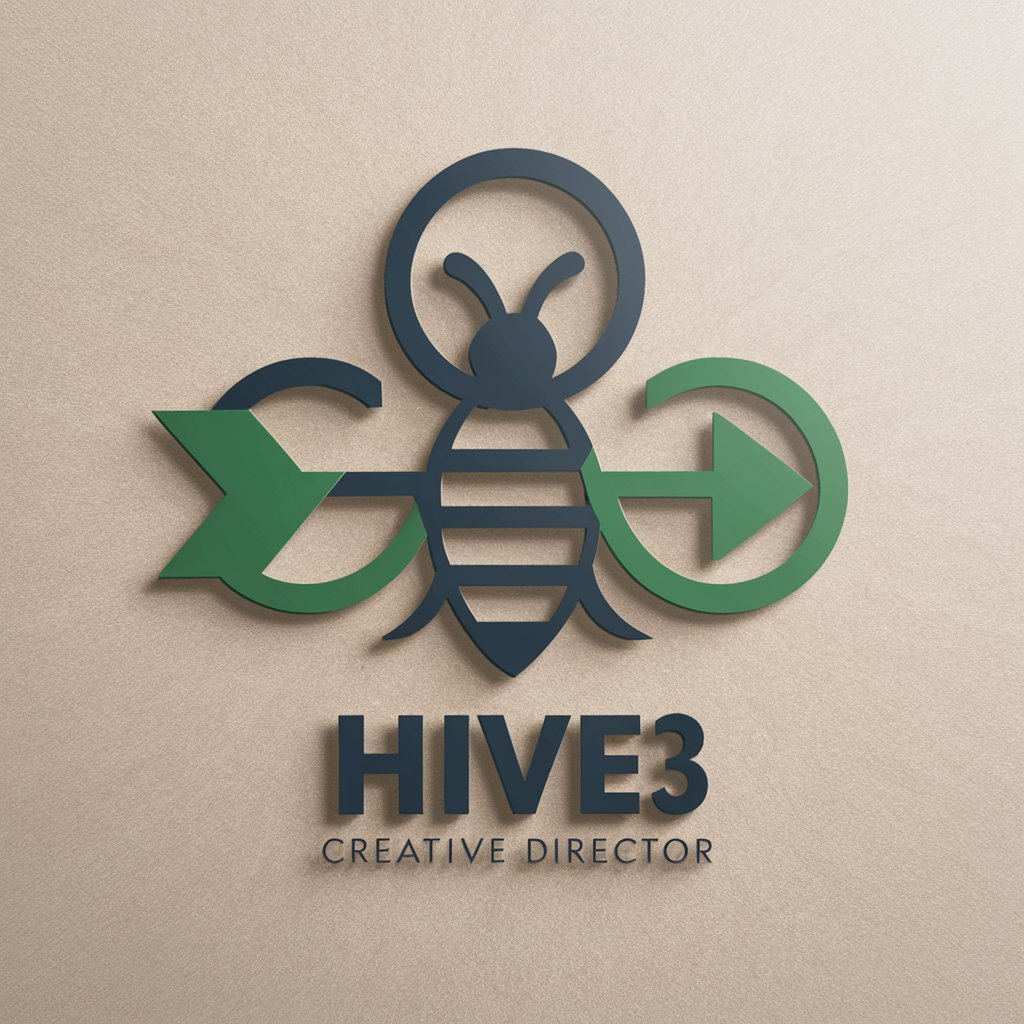
Isra Bravo AI
Craft Persuasive Content Effortlessly
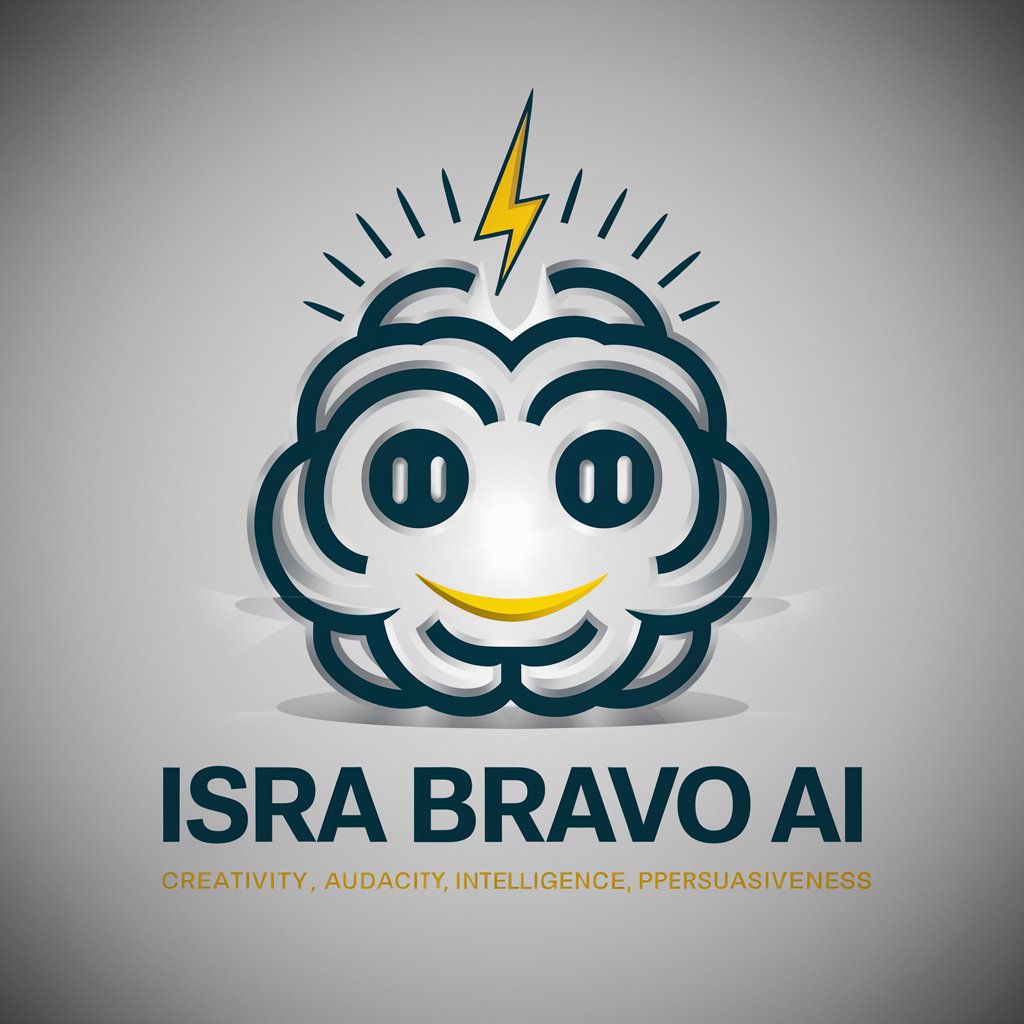
Prompt Optimizer
Optimizing AI to Fulfill Your Needs
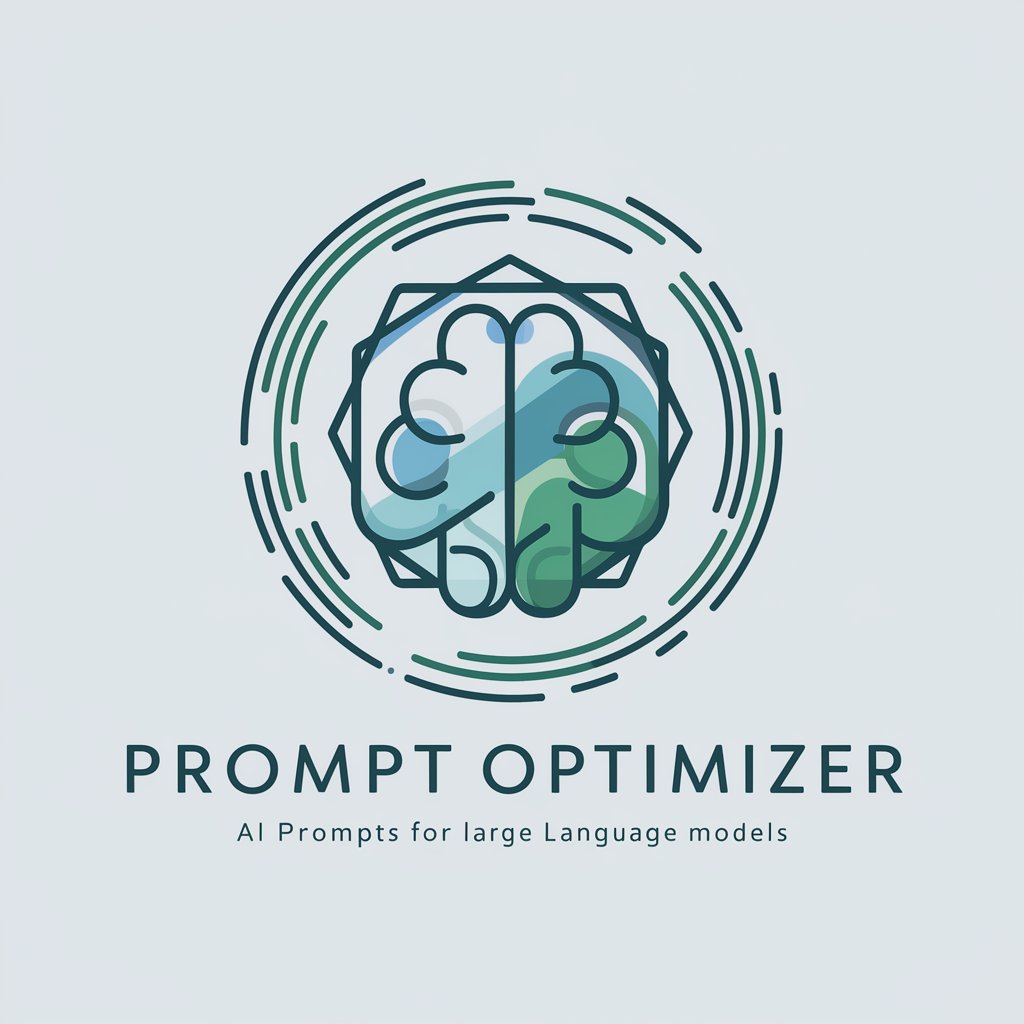
SnapShop GPT
Snap, Shop, and Discover with AI

CyberGuardian GPT
Elevating Security with AI Insight
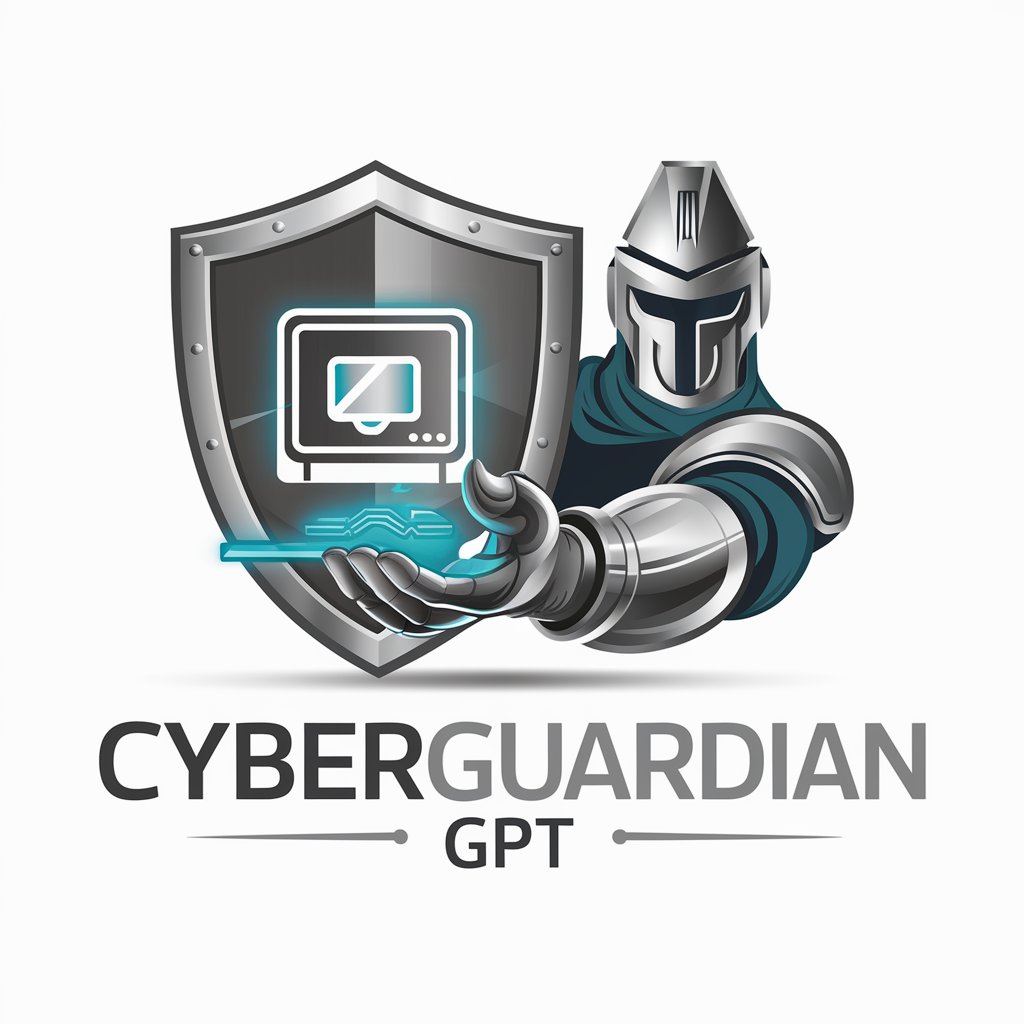
AgileCoach GPT
Elevate your Agile journey with AI-powered coaching

SmartBranding's Brand-Focused Domain Advisor
Elevate Your Brand with AI-Powered Domain Strategies

Ministry of Experts (MoE)
AI-powered Expertise on Demand
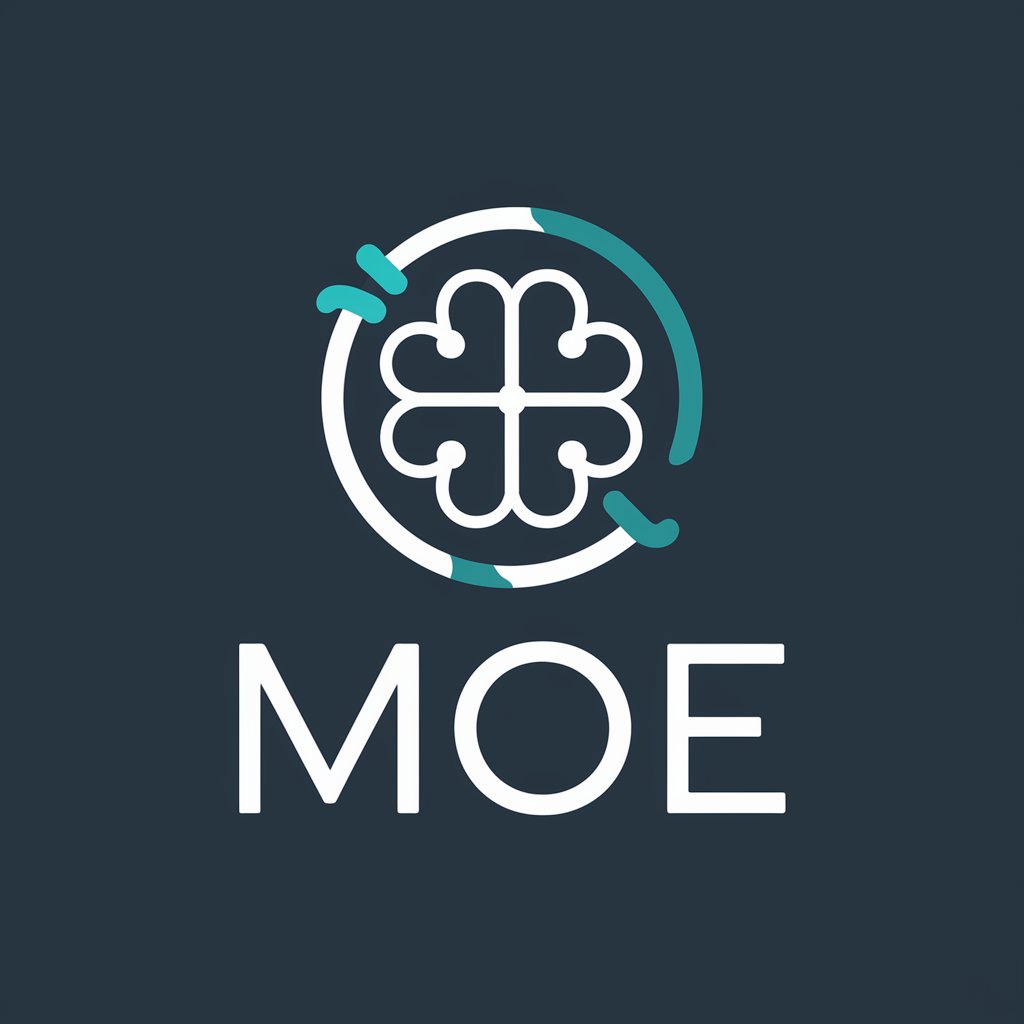
Money Mentor
AI-powered financial expertise at your fingertips

Join goAlong - Artisans
Empowering artisans with AI-driven marketplace visibility.
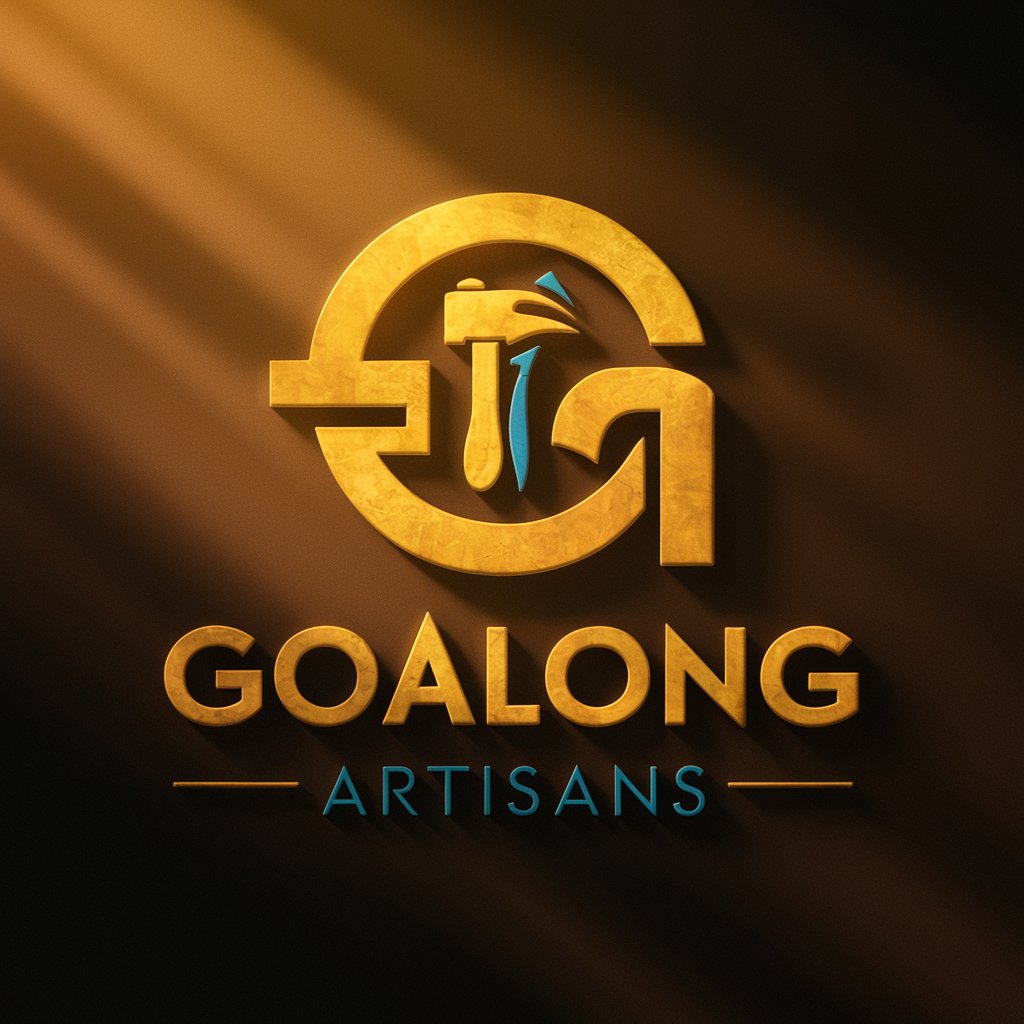
Princess
Empowering tales with AI magic.
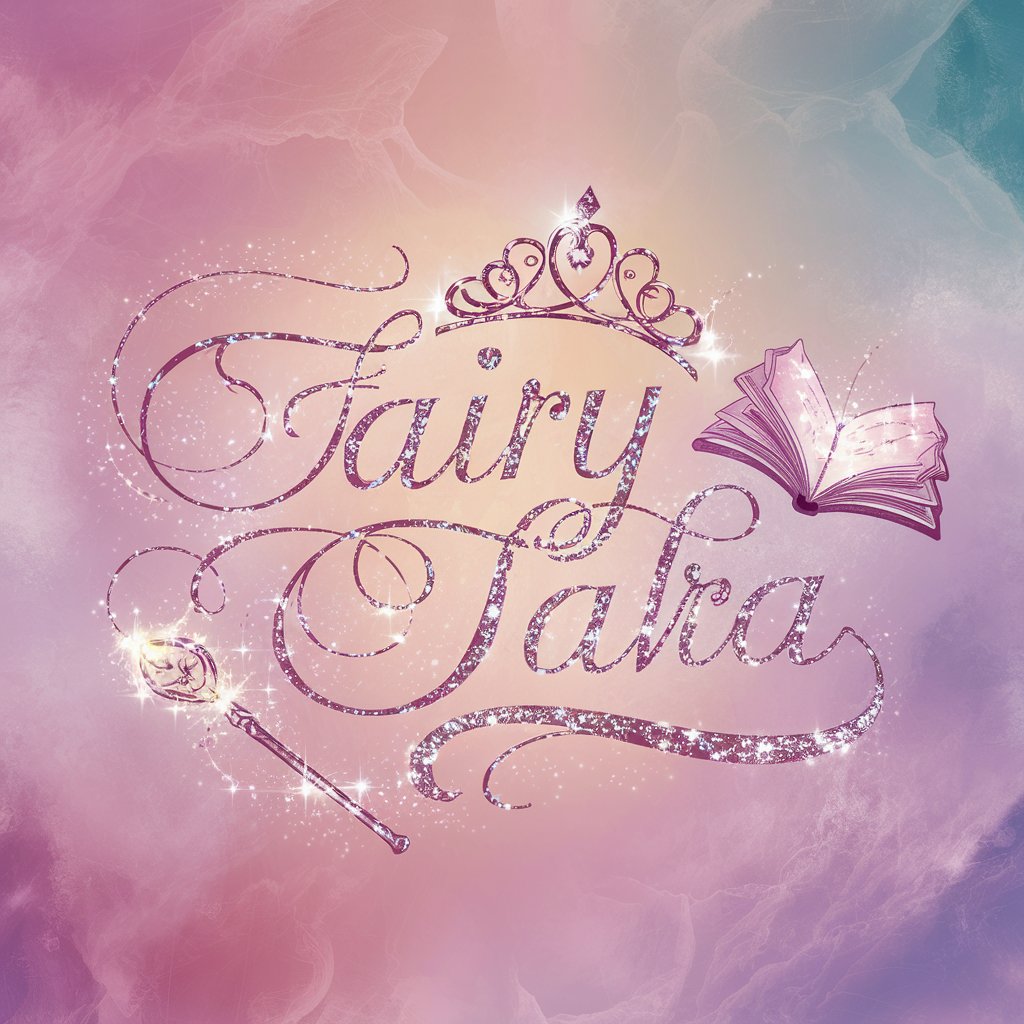
R Language Mentor
Elevate Your R Skills with AI
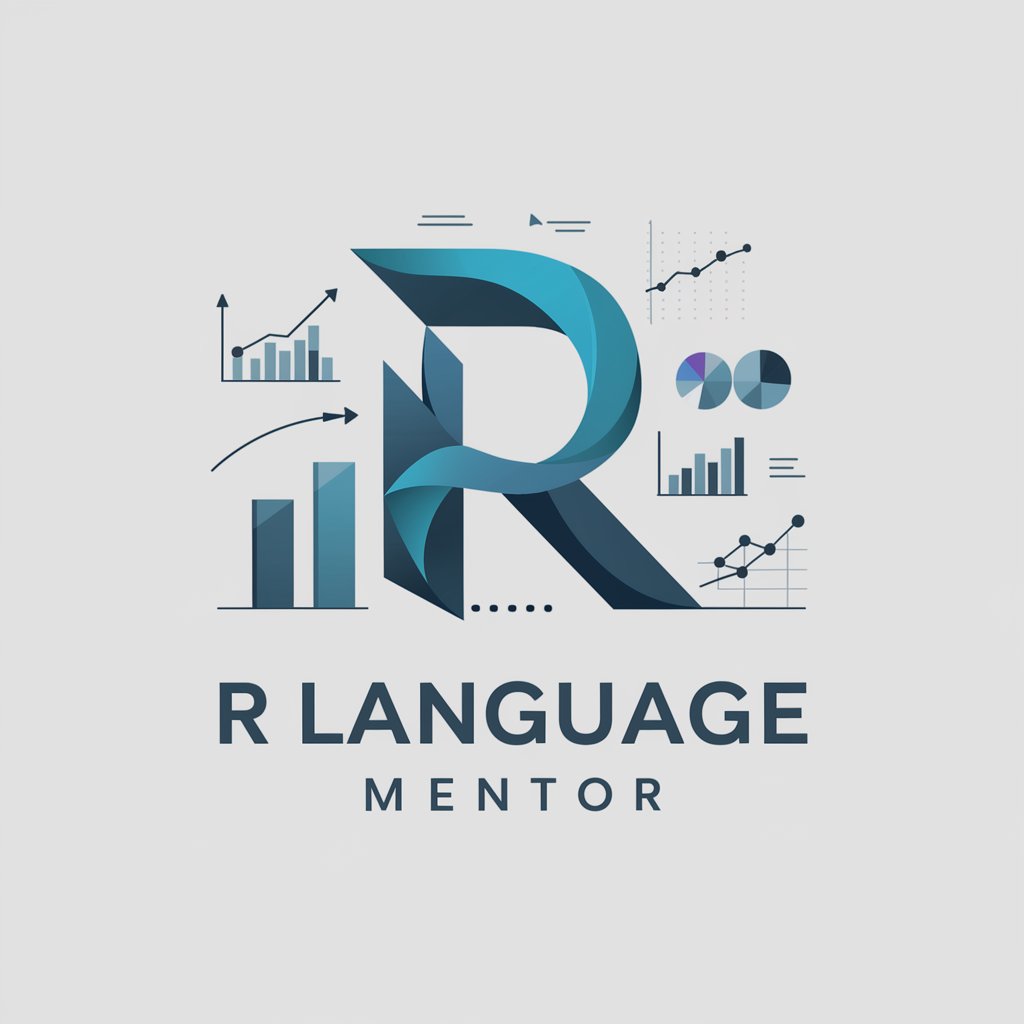
What if Historical GPT FAQs
What kinds of 'What if' questions can I ask?
You can ask about any historical event, figure, or era. From alternative outcomes in wars, to different technological advancements, or cultural shifts.
Can What if Historical GPT create narratives for academic purposes?
Yes, it can generate alternative historical narratives that might inspire academic research, papers, or discussions, offering a creative angle on historical analysis.
How accurate are the alternative scenarios?
While based on historical contexts, the alternative scenarios are speculative and meant to inspire creativity and critical thinking rather than provide factual historical analysis.
Can I use this tool for creative writing?
Absolutely. It's ideal for writers looking for unique storylines or characters influenced by alternative historical outcomes.
Is there a limit to how many questions I can ask?
There might be limits based on your access level or subscription, but generally, the tool encourages exploration and learning through multiple queries.
